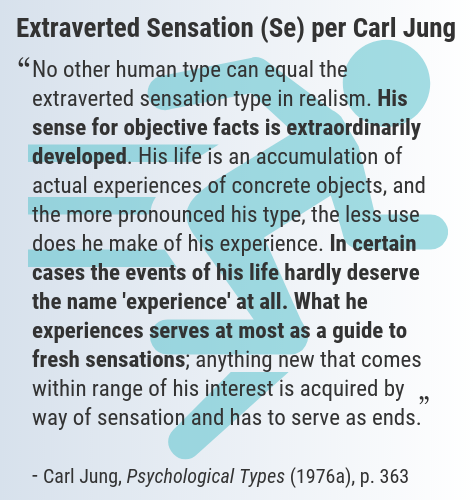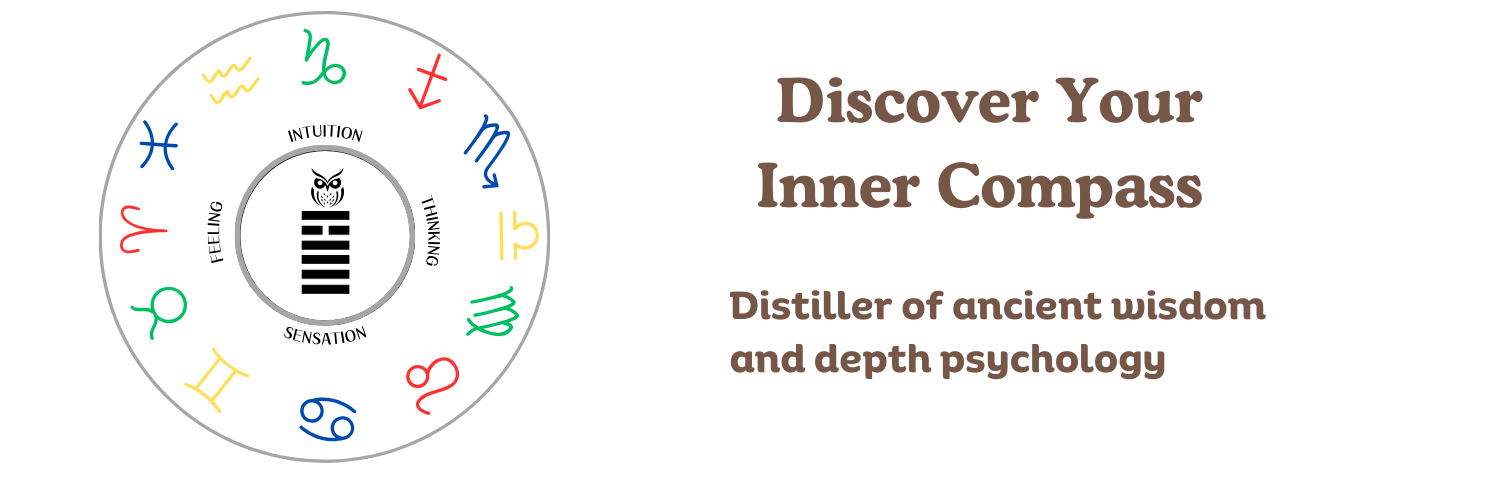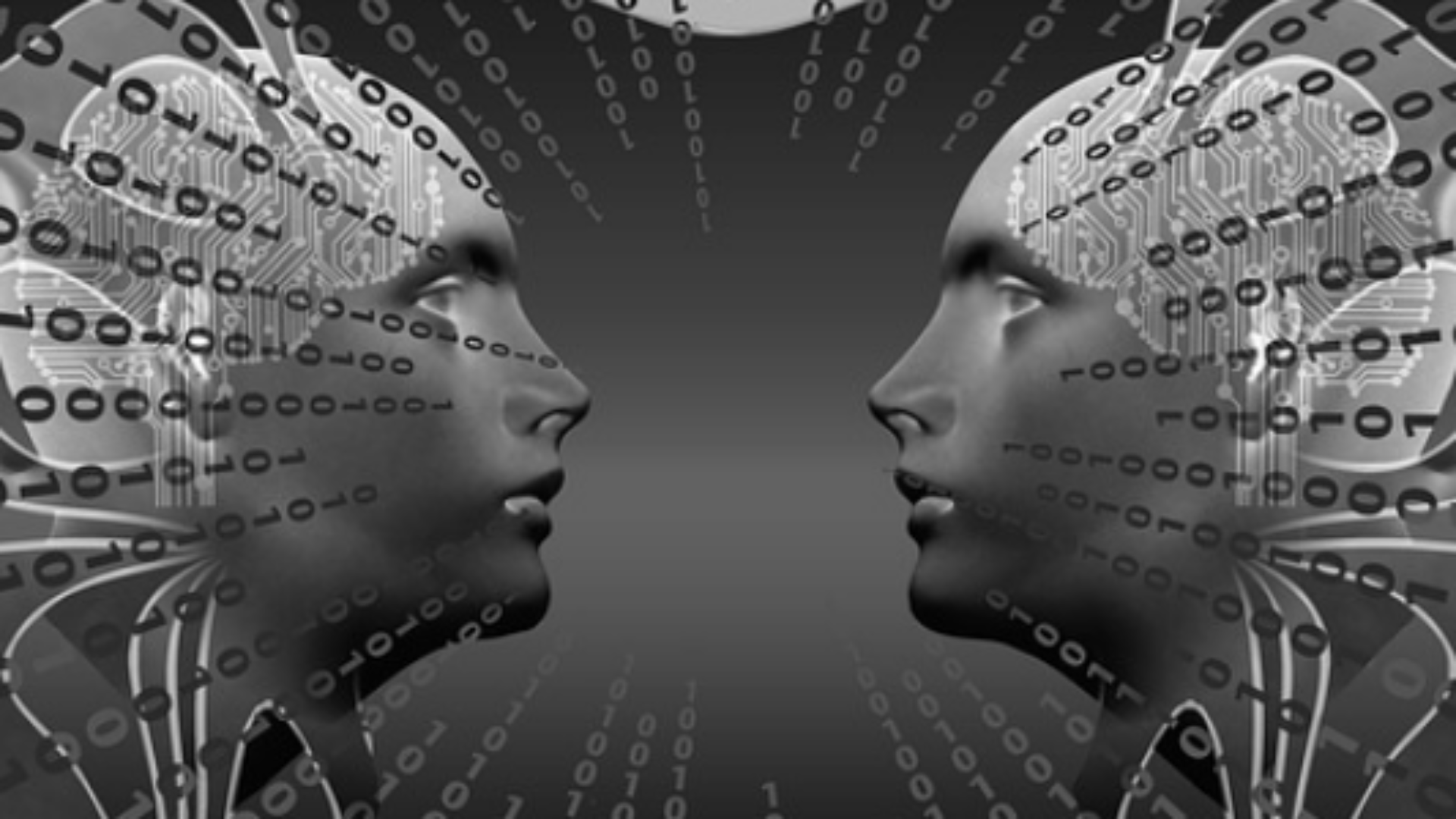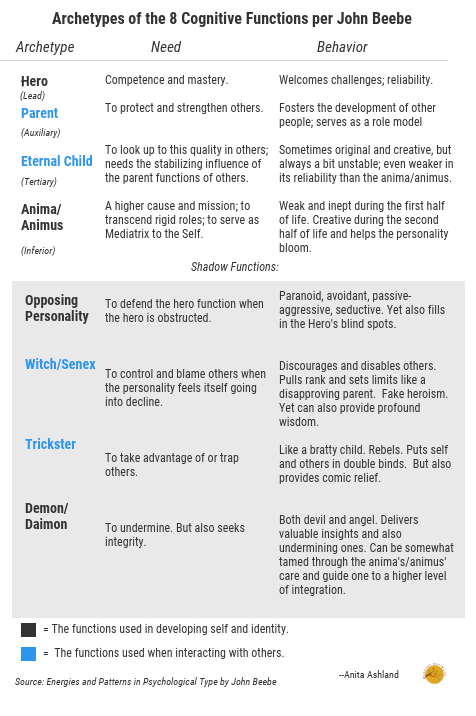The 8 archetypes of Extroverted Sensation (Se)
This article will explore extroverted sensation in all 8 of the different roles it plays in the personality. This is per Jungian analyst John Beebe’s 8 function personality type model.
First let’s take a look at the sensation function in general.
Jung wrote that sensation, just like intuition, is an irrational function, because it is a perceiving function. All of us experience a constant influx of new information and sensation types perceive it primarily through sensation. He said that sensation (and intuition) by itself “lack all rational direction.” It is thinking and feeling that are the rational functions and “find fulfillment only when they are in complete harmony with the laws of reason.”

Many Jungian analysts have attached names to the four functions and describe sensation as Matter. Thinking is Logos, feeling is Soul, and intuition is Spirit.
The element associated with sensation is Earth. Air is thinking, Water is feeling, and Fire is intuition.
Each function has an “attitude” of either extroversion or introversion. Jung defined “attitude as “a readiness of the psyche to act or react in a certain way.” Extroversion is outwardness and assertiveness towards people or events
Putting the two together, sensation and extroversion, the traits can include a preference for experiencing rather than reflection, an orientation to the present, creative power, and an awareness of the body and sensuality.
Here is how Jung defined extroverted sensation:

No function ever acts separately from the other functions. Jung said we almost never see a pure form of a function. We consider a function only in order to better understand the whole of the personality.
With that in mind, here is an infographic I made that describes the 8 archetypal roles of Se. All personality types have Se. Half of the 16 personalities have it in the top four functions where it is more conscious. The other half have it in shadow:

Click here for more details about the needs and behaviors of the 8 archetypal roles if you aren’t already familiar with them. The archetypes free us to use our imagination when considering personality rather than reduce personality to a set of traits. They also can help us claim our own inner authority and power.
This is part 1 of 8 in the series.Here are the other articles in the series:



